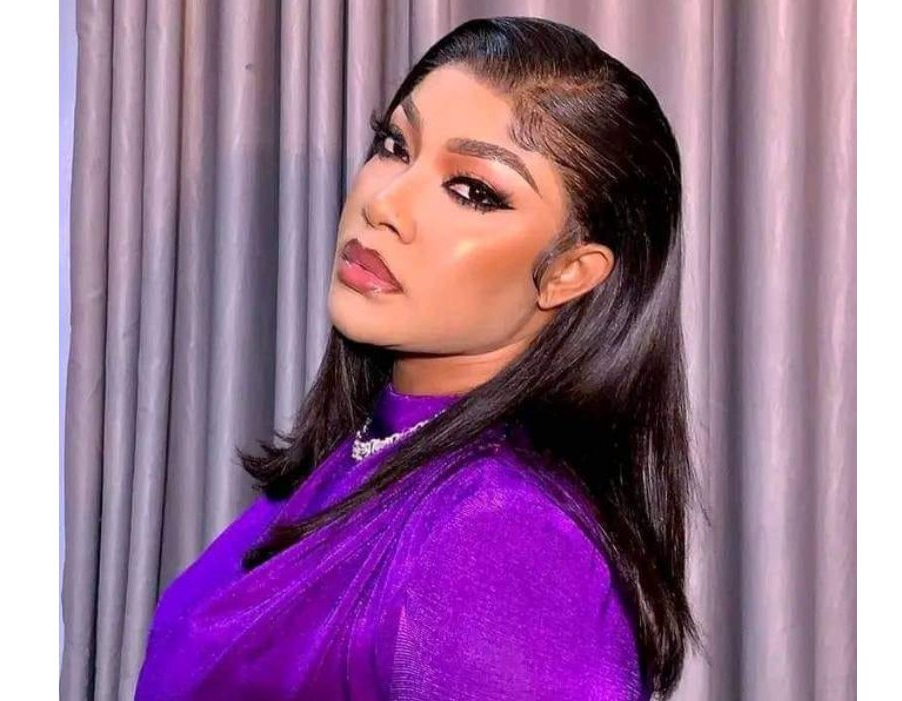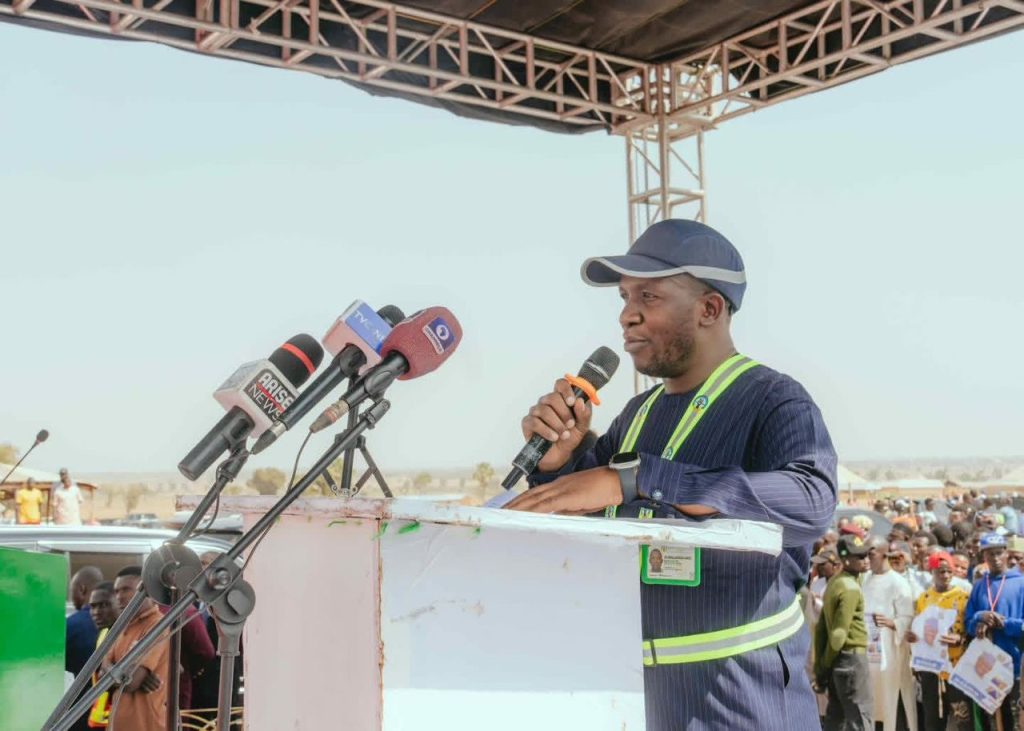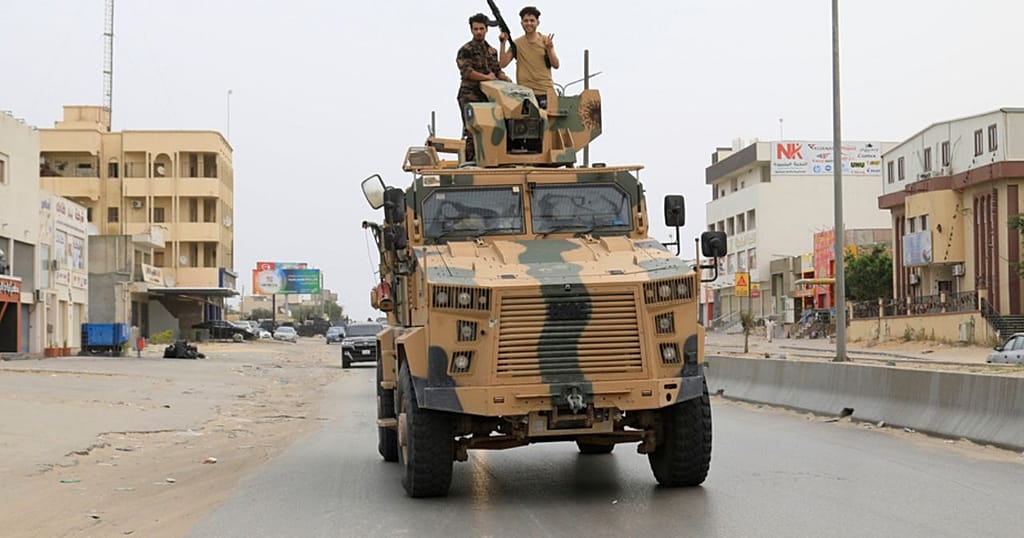As the torch is passed from Paris to Los Angeles, we are just months away from the city hosting the Olympics for the third time in its history. Los Angeles 2028, as the organizing committee is called, has a daunting task ahead of it, but Mayor Karen Bass is confident that the city will make history once again.
With the city already experiencing a surge in tourism and entertainment events, the Olympics are seen as the next logical step for Los Angeles. LA28 Chairperson Casey Wasserman, an entertainment executive, has stated that LA has emerged as one of the world’s sports capitals. The city will host the games at venues old and new, including the century-old Memorial Coliseum and the brand-new Intuit Dome in Inglewood.
The city is looking to emulate the successful tactics of its past hosting of the games, in 1932 and 1984, which were known as the “good Olympics”. The 1932 games, hosted during the Great Depression, were a memorable success, with athletes like Babe Didrikson Zaharias making history. The 1984 games, also known as the “good Olympics”, were financially and culturally successful, with Hollywood’s help.
This time around, the city is looking to be more inclusive and offer something for everyone, as mentioned by Mayor Bass, who was impressed by Paris’ efforts to make the Olympics “for everyone, whether you participated in the games or not”. Watch parties will be held in surrounding cities, and breakdancing classes will be available before the competitions.
LA28 organizers are planning for a “no-build games”, focusing on utilizing existing structures instead of constructing new ones. SoFi Stadium in Inglewood will be the largest Olympic swimming venue ever, and will host the opening ceremony, followed by track and field.
Traffic is expected to be a challenge, but Mayor Bass has said she plans to emulate the tactics of former Mayor Tom Bradley, whose traffic mitigations were successful in 1984. Asking local businesses to stagger workforce hours and encouraging work-from-home options are some of the strategies being considered.
While crime rates are lower than they were in 1984, the issue still looms large, with encampments on city streets and concerns about homeless populations. The US Secret Service will be leading the security plan, supported by significant federal resources.
Tourists and finances will play a crucial role in the success of the games. LA28 is banking on ticket sales, sponsorships, and other revenue streams to cover the $6.9 billion budget. With the city already seeing growth in its hotel industry and additional events scheduled for 2026 and 2027, the prospects look bright for Los Angeles 2028.
The city has a long history of hosting the Olympics, and this time around, it is aiming to make it a unique and memorable experience for all. With a strong lead-up to the games and a plan in place, LA28 is looking to make history once again, and put on a show for the world.



